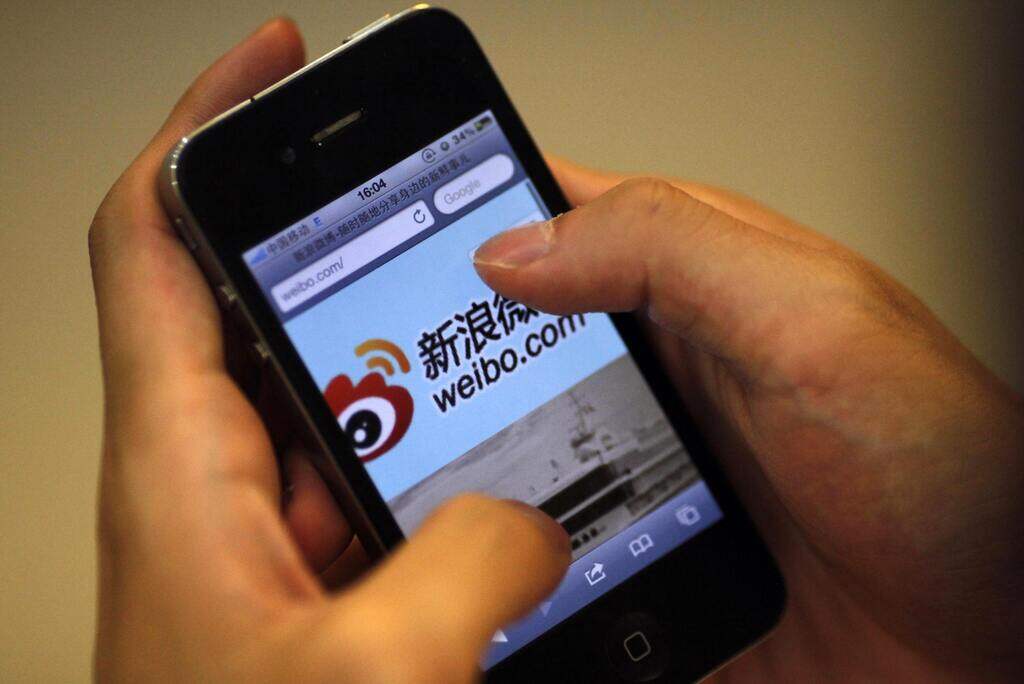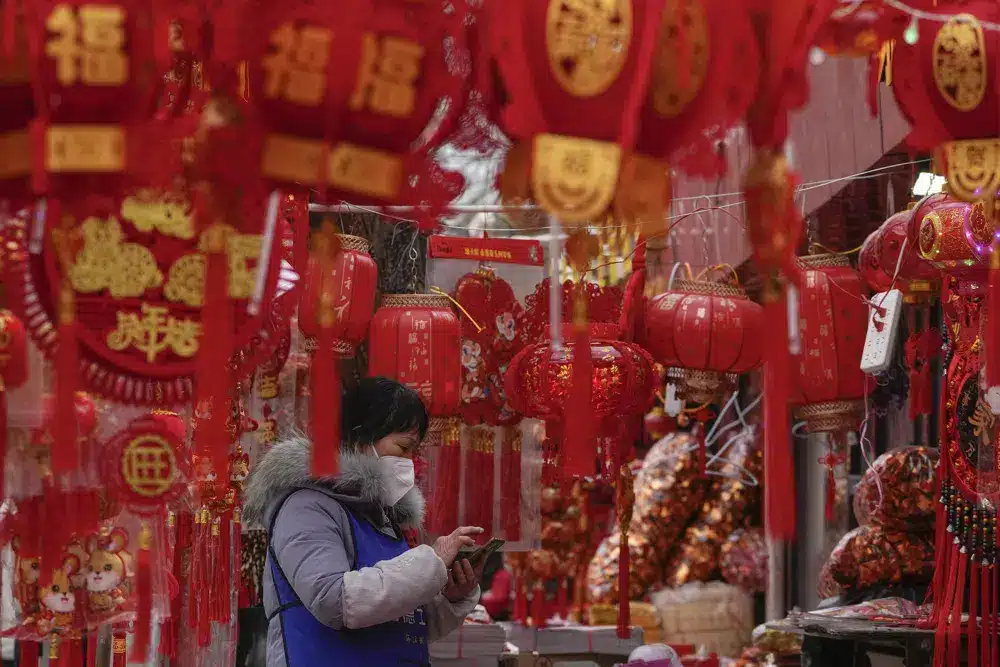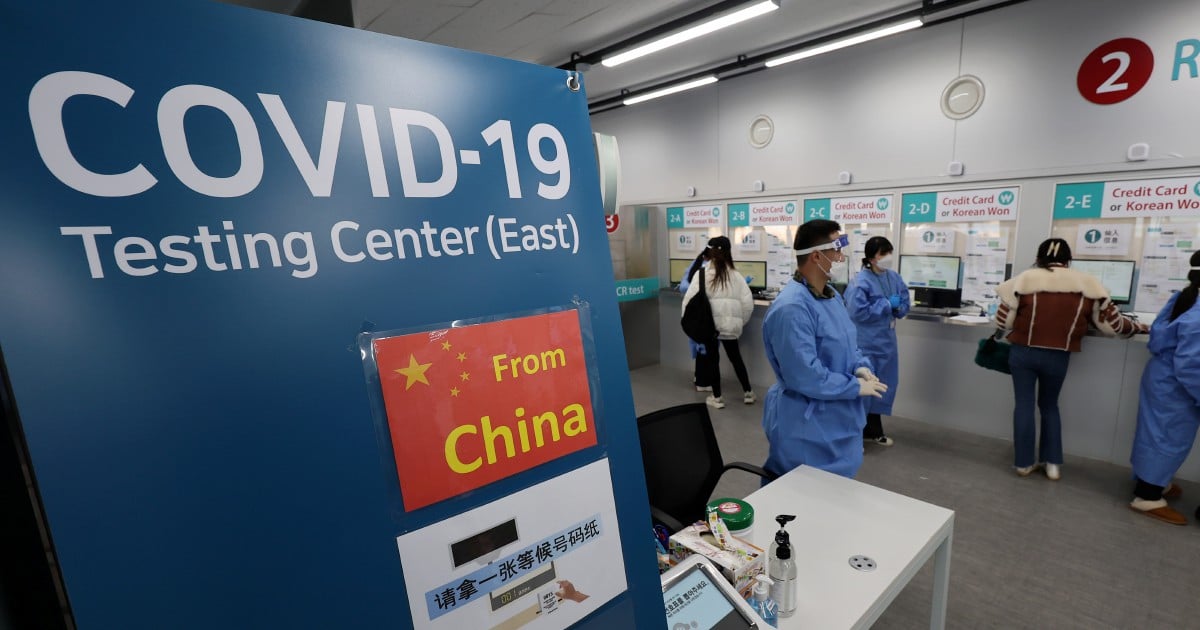News
China Cracks Down on Weibo Critics Over COVID-19 Policies

As China moves to relax anti-virus restrictions, Beijing has ordered the suspension or closed the social media accounts of over 1,000 critics of the government’s COVID-19 response policies.
The popular Weibo social media platform said it had addressed 12,854 violations, including attacks on health experts, scholars, and medical workers, and had banned 1,120 accounts temporarily or permanently.
The ruling Communist Party had relied heavily on the medical community to justify harsh lockdowns, quarantine measures, and mass testing, almost all of which were abruptly abandoned last month, resulting in a surge in new cases that has stretched medical resources to their breaking point. The party forbids direct criticism and places strict restrictions on free speech.
The company “will continue to increase the investigation and cleanup of all types of illegal content, and create a harmonious and friendly community environment for the majority of users,” a Weibo insider told VOR News.
The majority of the criticism has centered on the heavy-handed enforcement of regulations, such as open-ended travel restrictions that kept people confined to their homes for weeks, sometimes without adequate food or medical care.
China Relaxes Strict policies
Anger was also expressed about the requirement that anyone who tested positive or had contact with such a person be confined for observation in a field hospital, where overcrowding, poor food, and poor hygiene were frequently mentioned.
The social and economic costs eventually prompted rare street protests in Beijing and other cities, potentially influencing the party’s decision to ease the most stringent measures as soon as possible.
According to a notice issued by five government departments on Saturday, as part of the latest changes, China will no longer bring criminal charges against people accused of violating border quarantine regulations.
Individuals currently detained will be released, and seized assets will be returned, according to the notice.
The changes “were made after comprehensively considering the harm of the behaviors to society, and aim to adapt to the new situations of epidemic prevention and control,” according to a report on the notice on the official China Daily newspaper website.
China is currently experiencing an increase in cases and hospitalizations in major cities, and is bracing for a further spread into less developed areas as the Lunar New Year travel rush begins in the coming days. While international flights remain limited, authorities expect domestic rail and air travel to more than double over the same period last year, bringing total numbers close to those of the 2019 holiday season before the pandemic.
On Friday, the Transportation Ministry urged travelers to reduce their trips and gatherings, especially if they include elderly people, pregnant women, small children, and those with underlying conditions.
Re-opening of China
People using public transportation are also encouraged to wear masks and pay special attention to their health and personal hygiene, according to Vice Minister Xu Chengguang during a press conference. Nonetheless, China is pressing ahead with a plan to end mandatory quarantines for foreign visitors beginning on Sunday.
Beijing also intends to remove the requirement that students at city schools have a negative COVID-19 test before returning to class on Feb. 13 after the holiday break. While schools will be allowed to move classes online in the event of new outbreaks, they must return to in-person instruction as soon as possible, according to a statement issued by the city education bureau on Friday.
However, the discontinuation of mass testing, a scarcity of basic data such as the number of deaths, infections, and severe cases, and the potential emergence of new variants have prompted governments elsewhere to impose virus testing requirements for Chinese travelers.
The World Health Organization has also expressed concern about the lack of data from China, while the United States requires travelers from China to have a negative test result within 48 hours of departure.
The Chinese government publishes a daily count of new cases, severe cases, and deaths, but these figures only include officially confirmed cases and use a very narrow definition of COVID-related deaths.
Authorities claim that since the government ended mandatory testing and allowed people with mild symptoms to test themselves and recover at home, they can no longer provide a complete picture of the latest outbreak.
Foreign Governments Requiring Testing
The National Health Commission reported 10,681 new domestic covid-19 cases on Saturday, bringing the total number of confirmed cases in the country to 482,057. In the previous 24 hours, three new deaths were reported, bringing the total to 5,267.
The figures are a fraction of those announced by the United States, which has put the death toll at more than one million out of 101 million cases.
However, they are much lower than the estimates released by some local governments. Zhejiang, a province on China’s east coast, reported 1 million new cases per day on Tuesday.
China has said that foreign governments’ testing requirements, most recently Germany and Sweden, are not based on science and has threatened unspecified countermeasures. Its spokespersons have stated that the situation is under control and have refuted claims of a lack of preparation for reopening.
Despite such claims, the Health Commission issued regulations on Saturday to strengthen monitoring of viral mutations, including testing of urban wastewater. The lengthy regulations called for increased data collection from hospitals and local government health departments, as well as increased screening for “pneumonia of unknown causes.”
If a variant appears during an outbreak, it is discovered by genetic sequencing of the virus.
China has shared 4,144 sequences with GISAID, a global platform for coronavirus data, since the pandemic began. That’s only 0.04% of the reported cases — a rate more than 100 times lower than the US and nearly four times lower than neighboring Mongolia.
Meanwhile, Hong Kong plans to reopen some of its borders with mainland China on Sunday, allowing tens of thousands of people to cross without being quarantined.
The virus has devastated the semi-autonomous southern Chinese city, and its land and sea border checkpoints with the mainland have been largely closed for nearly three years. Despite the risks, the reopening is expected to give Hong Kong’s tourism and retail sectors a much-needed boost.

































